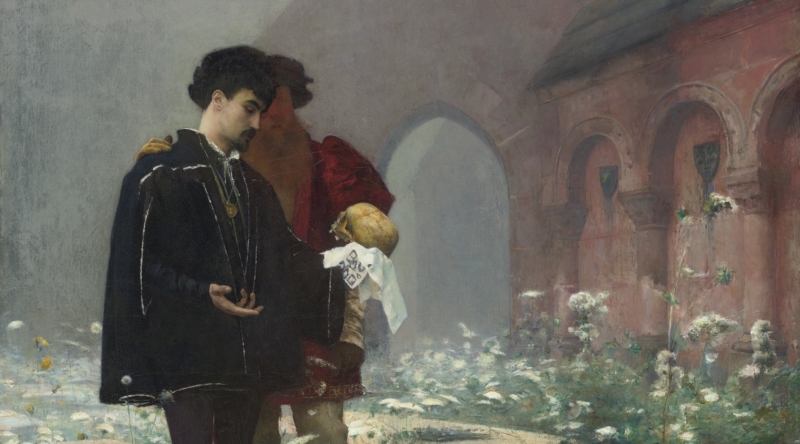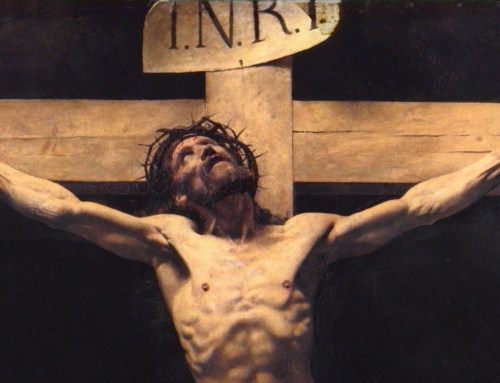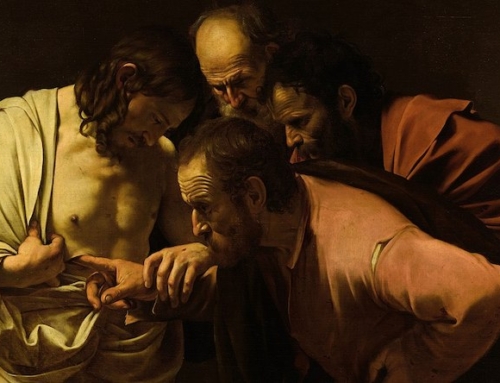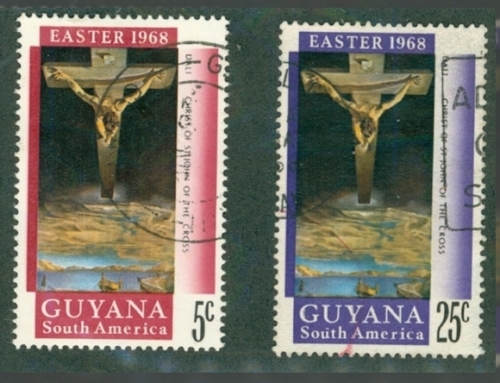“It’s like the setting of a comedy,” I said.
“Comedy?”
“Drama. Tragedy. Farce. What you will.”
“Oh, don’t talk in that damned bounderish way. Why must you see everything secondhand? Why must this be a play?”
“It’s a way I have.”
Don’t we all? Charles Ryder of Evelyn Waugh’s novel, Brideshead Revisited, confesses to his beloved Julia a fault we are all guilty of: thinking of life as if it were a play we author. How often do we romanticize our dysfunction by distorting reality? How often do we assign the role of villain to others? And for all this trouble, how often do we find our plans ultimately dashed? In the world of drama, plays are customarily categorized by their ending. A plot that goes from delight to disaster is termed tragedy; the opposite, a comedy. Most days, it seems like we live in a tragedy. Why is this so?
In the Medea of Euripides, the embittered wife of Jason reveals to the audience her rage: “And I know what evil deeds I am about to do, but my fury against Jason is stronger than my counsels of softness” (1078–80). Anger feels good, doesn’t it? In making a home for that anger, we (presumably) seldom kill our children in vengeance like Medea. However, that fury no doubt makes itself resident by subtler ways in our daily lives, eventually choking all “counsels of softness.”
Perhaps no play is more optimistic in its opening than Shakespeare’s Richard III: “Now is the winter of our discontent / Made glorious summer by this sun of York” (1.1.1–2) However, it takes but a few lines of Gloucester’s monologue to see him in all his duplicitous cunning. Cold and maniacal, he is prepared to do anything for the throne, killing any who might get in his way. As Richard declares himself “determined to prove a villain” in seeking the crown, do not we, too, grasp at status, power, and the esteem of others?
In Arthur Miller’s The Crucible, John Proctor protests his innocence to the judges of Salem: “Because it is my name! Because I cannot have another in my life! Because I lie and sign myself to lies! . . . How may I live without my name? I have given you my soul; leave me my name!” (Act 4). John’s futile efforts at self-preservation impart the reality that heroes and villains usually both come to be despised in this life. We manicure our image meticulously, yet it takes little to have our character consigned to disrepute alongside every kind of reprobate.
All these dramas reveal a great truth: Left to our own devices, we tend toward tragedy. In the Garden, the serpent whispered to Eve, “[W]hen you eat of it your eyes will be opened and you will be like gods, who know” (Gen 3:5). We have an insatiable desire to know and to control the ending of our story. But the truth is, despite our grasping, we can’t. We live in a vale of tears, seemingly doomed to wind up as tragic heroes, if not as villains.
Enter Jesus Christ. As we draw nearer to the deepest mysteries of our faith, this Sunday marks the beginning of what is traditionally known as Passiontide. The last act has begun. Jerusalem, the final stage, is now in view, where the conspirators wait: “Let us beset the just one, because he is obnoxious to us; . . . Let us condemn him to a shameful death” (Wis 2:12, 20). Like the senators in Julius Caesar, the evil ones will gather around the Great Man—just another tragedy, right?
No. This tragedy is different. After all, the Playwright himself has entered into his play, and he has come to take tragedy and completely transform it. In this act, he assumes all our tragic tendencies into his glorious and salvific Passion. The Lord’s tragedy turns our own tragedies into the most delightful comedies.
Therefore, let us have no fear. Now is the supreme act, now is our best scene. We take our part in the great drama, which all the saints have hoped in; we join with T. S. Eliot’s Becket and proclaim:
We are not here to triumph by fighting, by stratagem, or by resistance,
Not to fight with beasts as men. We have fought the beast
And have conquered. We have only to conquer
Now, by suffering. This is the easier victory.
Now is the triumph of the Cross, now
Open the door! (Murder in the Cathedral, Part II)
✠
Image: Pascal Dagnan-Bouveret, Hamlet and the Gravediggers







